Follicular lymphoma (FL) fact sheet
Jun 29, 2024
Follicular lymphoma (FL) is a subtype of B-cell lymphoma, a form of non-Hodgkin’s lymphoma (NHL), that develops when the body makes an abnormal amount of B lymphocytes.
Normally, lymphocytes go through a standard life cycle where they die and then the body generates new ones to replace them. However, in FL, abnormal lymphocytes continue to grow in a slow and uncontrolled manner and the oversupply of these cells crowd into the lymph nodes, causing them to swell. These abnormal lymphocytes usually develop in clumps, referred to as follicles, inside lymph nodes.
Incidence
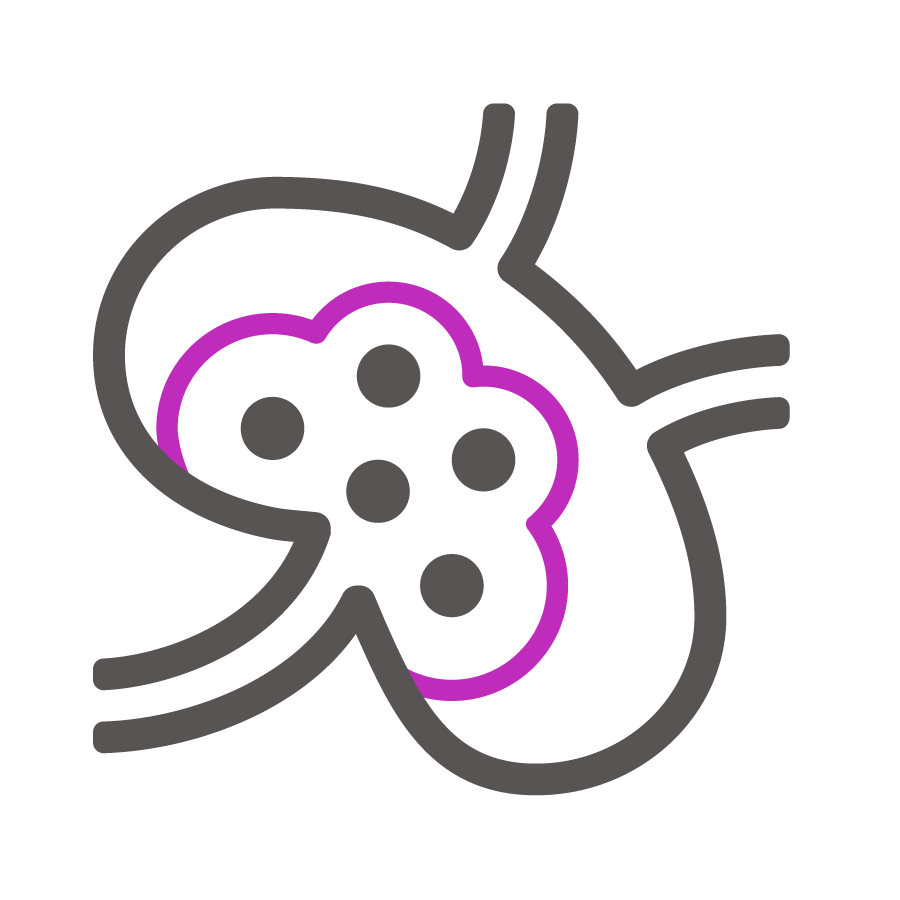
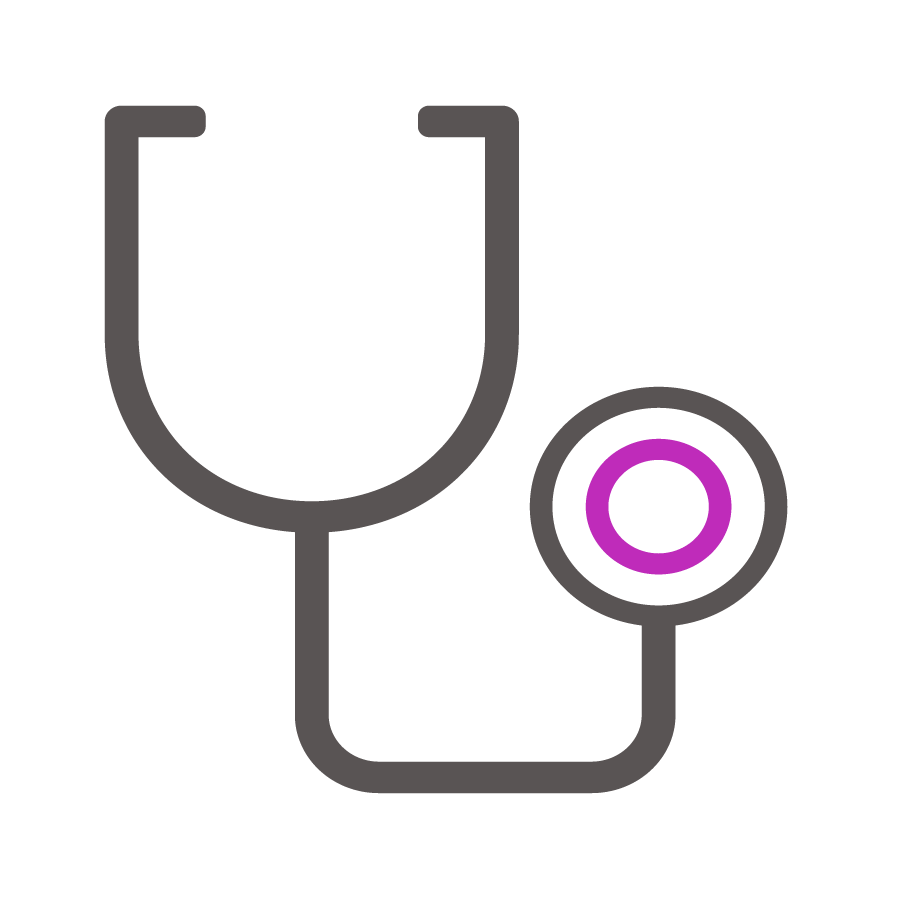
Average age of diagnosis is 65
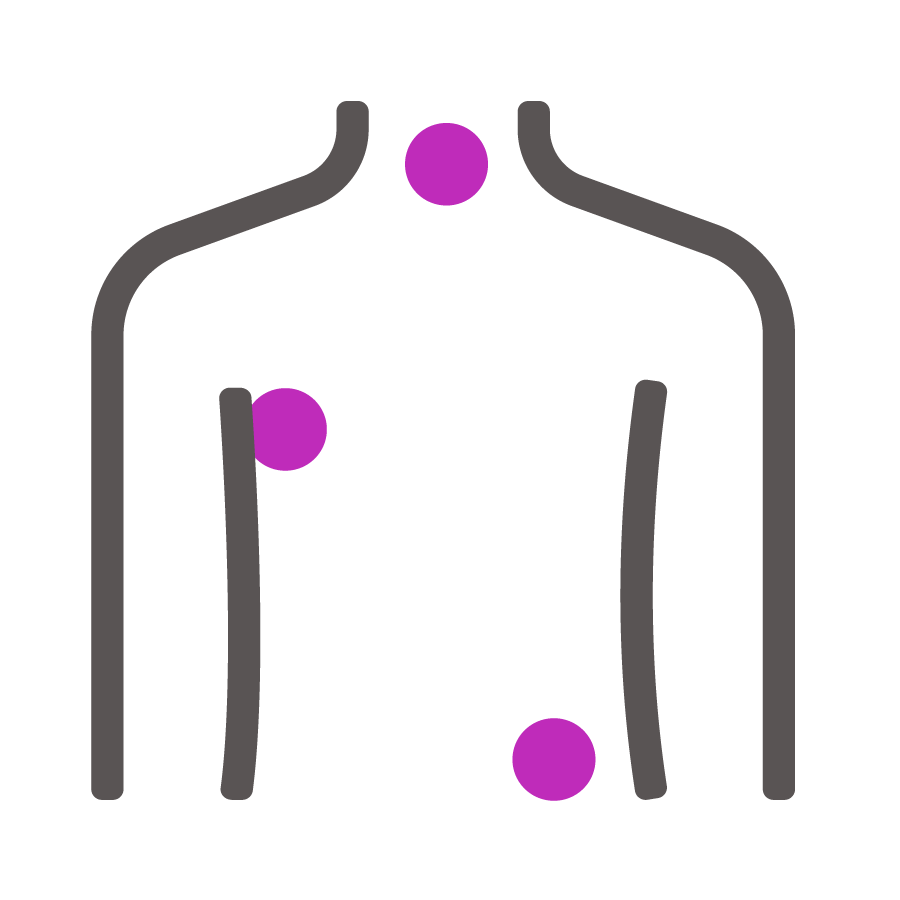
Swelling typically occurs in the lymph nodes in the neck, armpit or groin
Signs and symptoms
Some people with FL do not experience any symptoms, but symptoms of FL can include:

Fever

Unexplained weight loss

Fatigue

Sweating
and chills

Painless swelling
of lymph nodes
Due to quiet nature of the disease, most cases are not diagnosed until stage 3 or 4
Stages and diagnosis of FL
Stage 1
Cancer is found on one group
of lymph nodes
~25%
cases diagnosed at this stage
Stage 2
Cancer is found on two or more
groups of lymph nodes on the
same side of the diaphragm
~15%
cases diagnosed at this stage
Unknown
~7%
of cases diagnosed at this stage
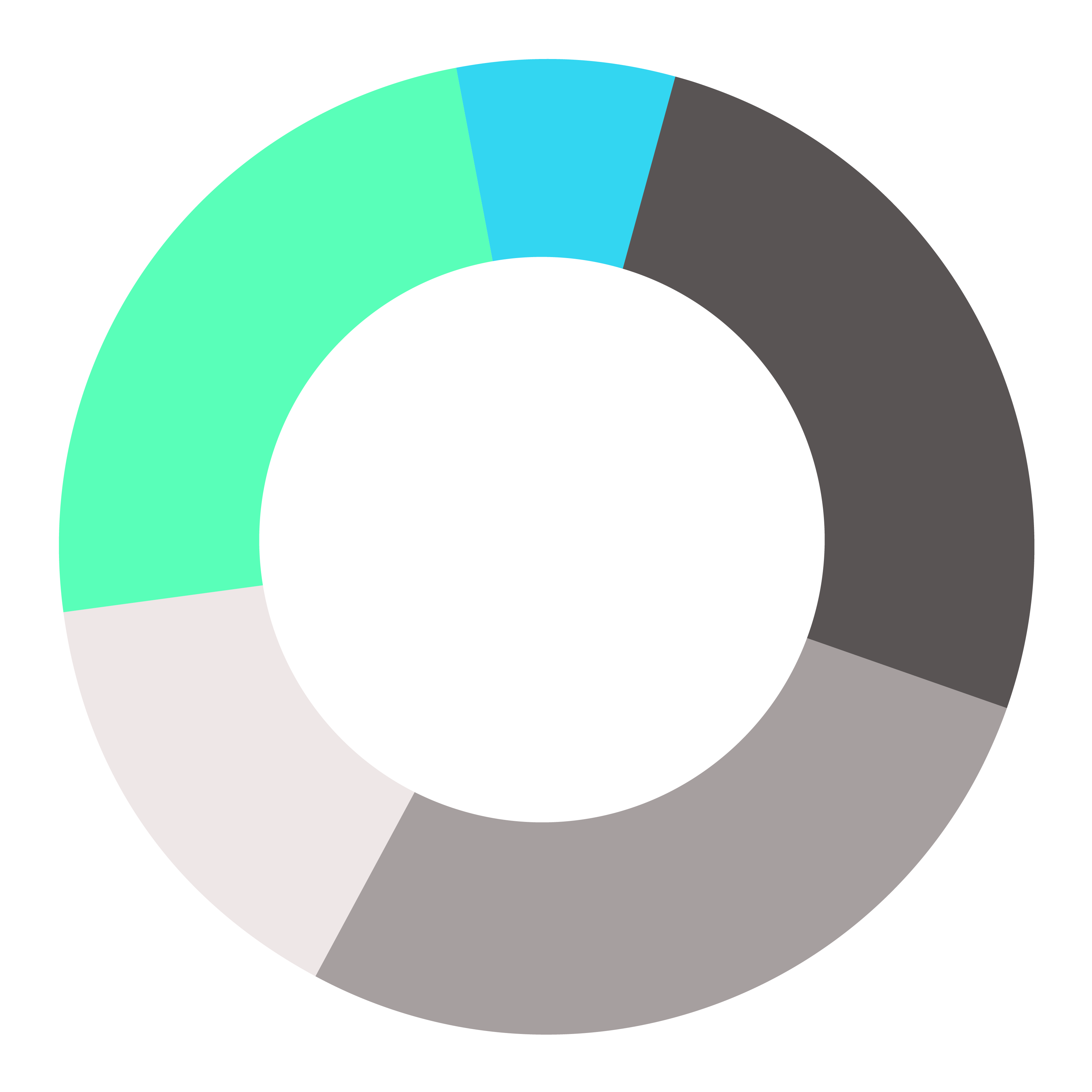
Stage 3
Cancer is found on lymph nodes
on both sides of the diaphragm
~26%
cases diagnosed at this stage
Stage 4
Cancer has spread outside of the
lymph nodes to bone marrow
and/or other organ systems
~27%
cases diagnosed at this stage
Healthcare providers may use several tests to diagnose FL, such as:
 |
Biopsy |
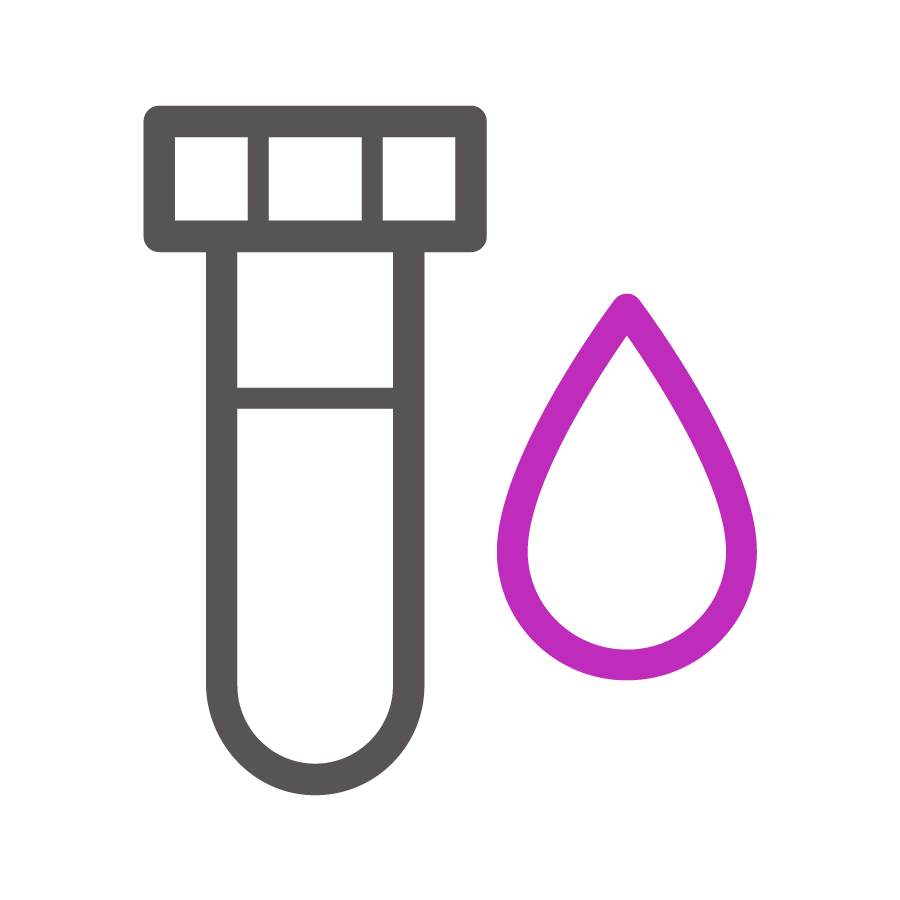 |
Blood test |
 |
Imaging test such as a CT or PET scan |
In some cases, instead of treatment, an HCP may recommend active surveillance, meaning that the disease is monitored through regular checkups or follow-up evaluations, if there are no symptoms or evidence that the cancer is growing or spreading. Active treatment may be started if FL-related symptoms begin to develop or if there are signs of disease progression.
Treatment options may include
 |
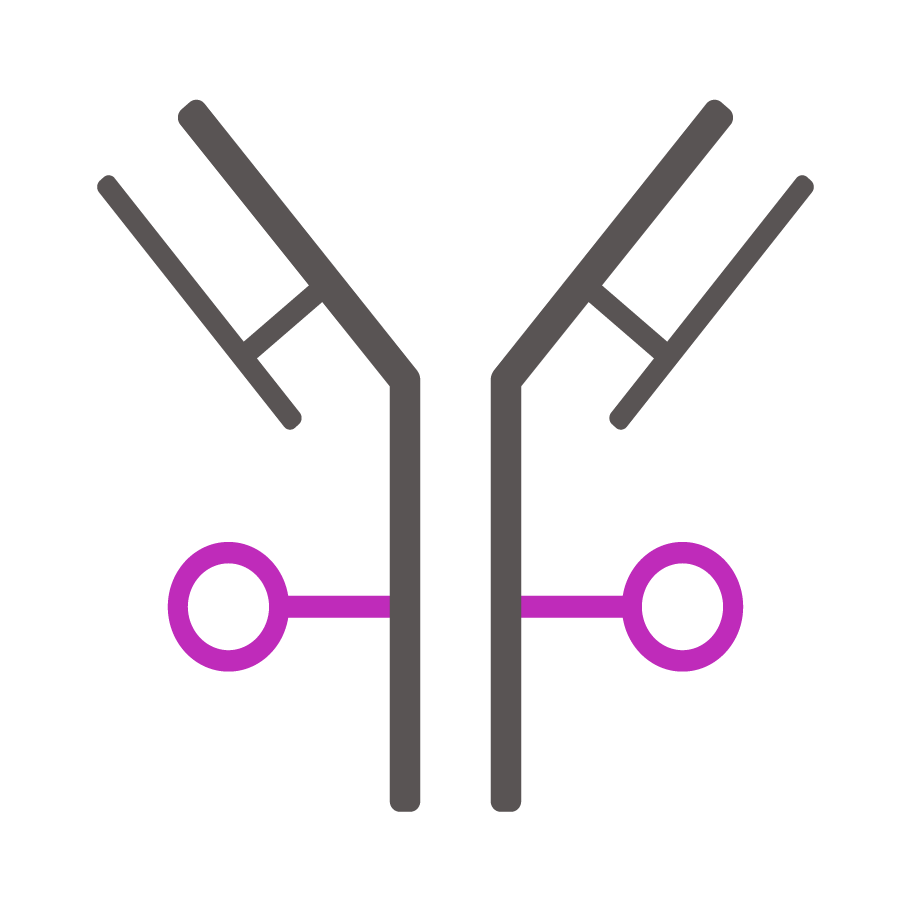 |
 |
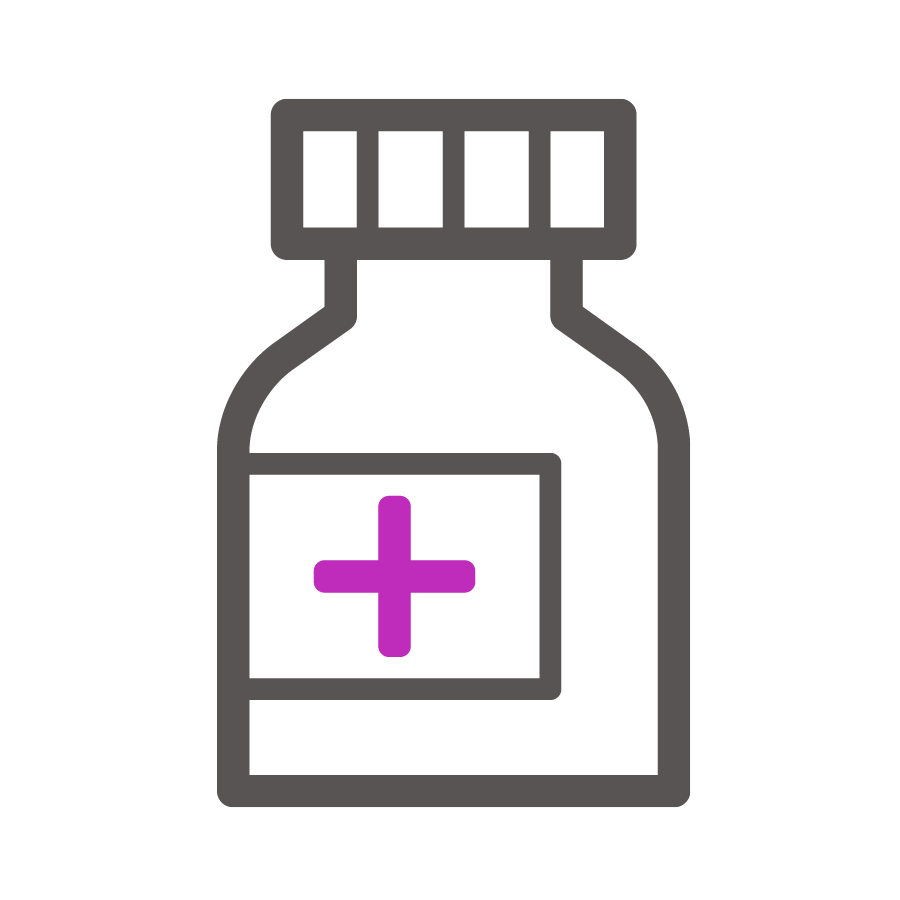 |
 |
Radiation |
Monoclonal antibody therapy |
Stem cell transplant |
Drug therapy |
Cell therapy |
As FL is considered an incurable disease, there remains unmet need for two main reasons:
01 Relapse
FL symptoms often subside after treatment and then come back. This cycle of remissionrelapse- remission can leave patients feeling like they’re never “done” with treatment.
 |
20% of patients experience disease relapse within 2 years of treatment |
02 Transformation
FL can change or transform into diffuse large B-cell lymphoma (DLBCL), a more aggressive cancer that typically causes new and more significant symptoms, including progression into other areas of the body.
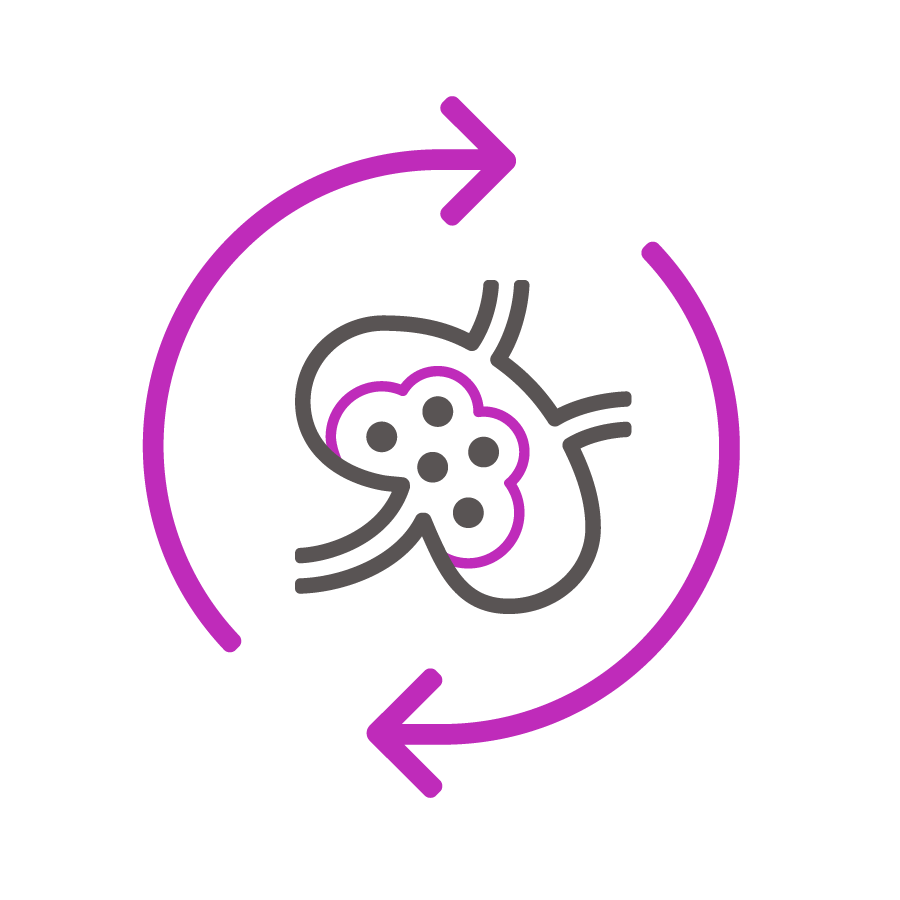 |
Transformation can occur in any type of lymphoma, but is most common in FL |
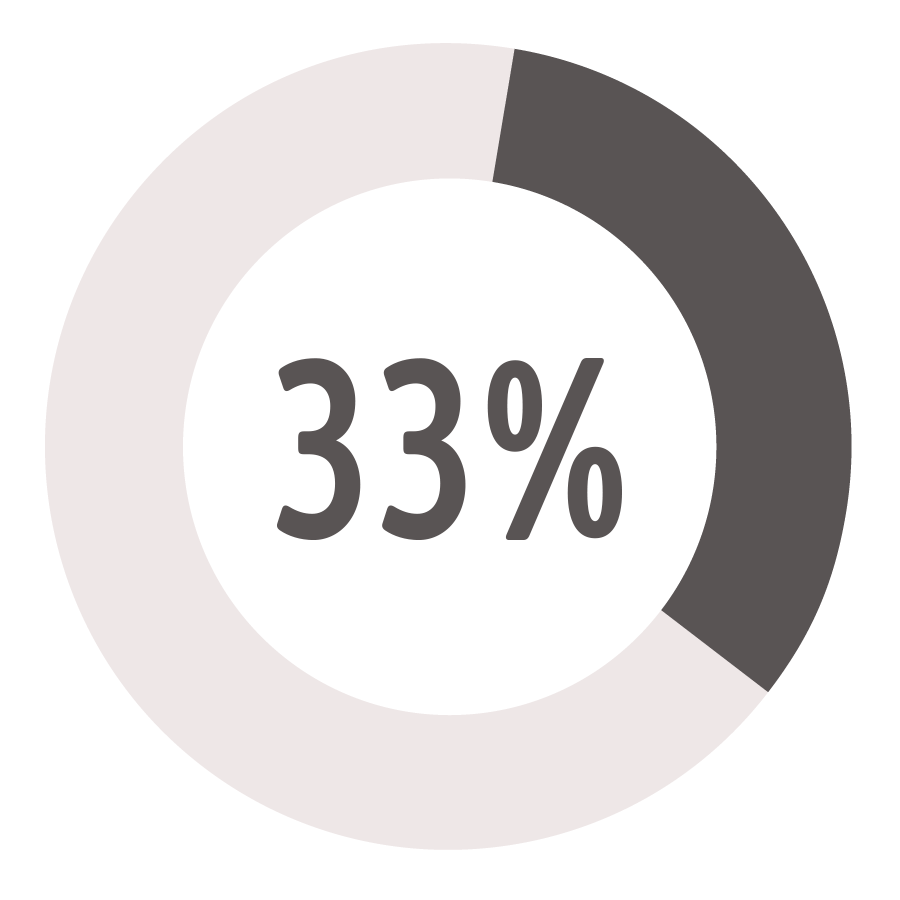 |
In 10 years, up to 33% of FL cases will transform into a more aggressive cancer |
It is important for people with FL to understand their disease, recognize signs and symptoms and talk to a healthcare professional about available treatment options.
© 2024 Bristol Myers Squibb. All rights reserved. HE-US-2400162 05/24.